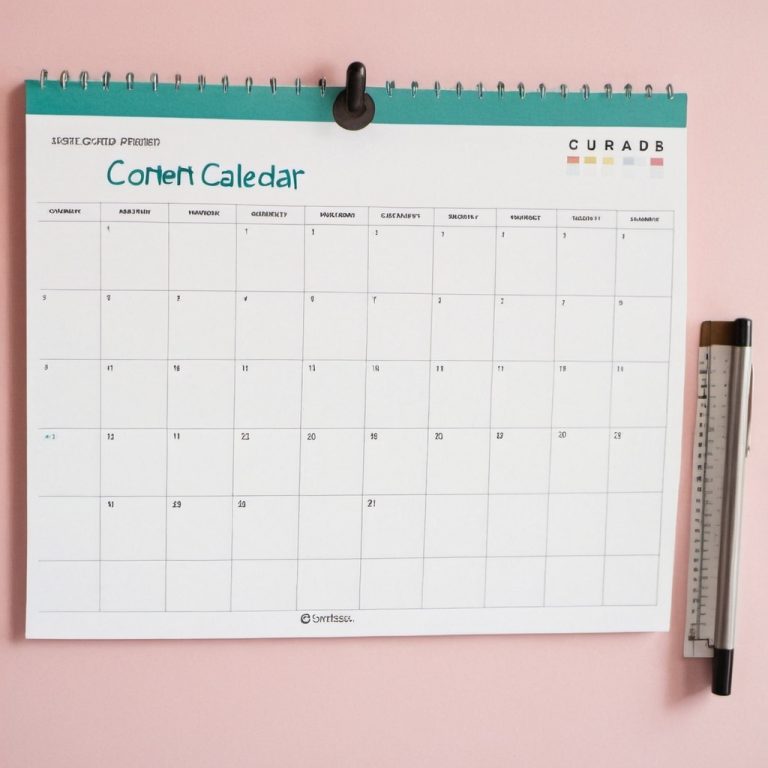Introduction
In today’s digital age, blogging and content writing have become powerful tools for individuals and businesses alike. They offer a platform to share knowledge, express opinions, engage with audiences, and drive traffic to websites. This article delves into the essentials of blogging and content writing, exploring their significance, best practices, and tips for success.
The Importance of Blogging and Content Writing
1. Building Authority and Credibility
Blogging allows individuals and businesses to establish themselves as experts in their respective fields. By consistently providing valuable and informative content, bloggers can build trust with their audience, showcasing their knowledge and expertise.
2. Driving Traffic and SEO Benefits
Quality content is a key driver of organic traffic to websites. Search engines favor websites that regularly publish fresh and relevant content. Effective use of keywords, meta descriptions, and internal linking within blog posts can significantly enhance a site’s search engine optimization (SEO).
3. Engaging and Growing an Audience
Blogs provide a platform for interaction and engagement. Readers can comment, share, and discuss blog posts, fostering a sense of community. This interaction can help bloggers understand their audience’s preferences and needs, allowing for more targeted and effective content creation.
4. Supporting Marketing Strategies
Content writing is a cornerstone of digital marketing strategies. Blogs can be used to support various marketing efforts, including social media campaigns, email marketing, and lead generation. High-quality content can attract potential customers and nurture leads through the sales funnel.
Essential Elements of Successful Blogging
1. Understanding Your Audience
Knowing your audience is crucial for creating relevant and engaging content. Conducting audience research helps identify their interests, pain points, and preferences. This information can guide your content strategy and ensure your blog posts resonate with readers.
2. Crafting Compelling Headlines
A headline is the first thing readers see, and it plays a significant role in capturing their attention. A compelling headline should be clear, concise, and intriguing. It should give readers a reason to click and read the full post.
3. Providing Value
Quality content provides value to the reader. Whether it’s solving a problem, answering a question, or offering new insights, valuable content keeps readers coming back for more. Focus on creating informative, well-researched, and actionable content.
4. Maintaining Consistency
Consistency is key in blogging. Regularly publishing new content helps keep your audience engaged and signals to search engines that your site is active. Develop a content calendar to plan and schedule your posts in advance.
Tips for Effective Content Writing
1. Write for Your Audience
Tailor your writing style and tone to suit your audience. If your readers are professionals, use formal language and industry-specific terms. For a general audience, keep the language simple and conversational.
2. Use Visuals
Incorporating visuals such as images, infographics, and videos can enhance your content and make it more engaging. Visuals help break up text, illustrate points, and provide a richer reading experience.
3. Optimize for SEO
SEO optimization is essential for increasing the visibility of your blog posts. Use relevant keywords naturally within your content, include meta descriptions, and ensure your posts are well-structured with headings and subheadings.
4. Edit and Proofread
High-quality content is free from errors and easy to read. Always proofread your posts to correct grammar and spelling mistakes. Editing for clarity and coherence ensures your message is effectively communicated.
5. Encourage Engagement
Encourage readers to engage with your content by asking questions, inviting comments, and including calls to action. Responding to comments and engaging with your audience builds a loyal community around your blog.
Conclusion
Blogging and content writing are indispensable tools for establishing authority, driving traffic, and engaging with audiences. By understanding your audience, crafting compelling content, and optimizing for SEO, you can create a successful blog that supports your personal or business goals. Remember, the key to successful blogging lies in providing consistent, valuable, and engaging content that resonates with your readers.






